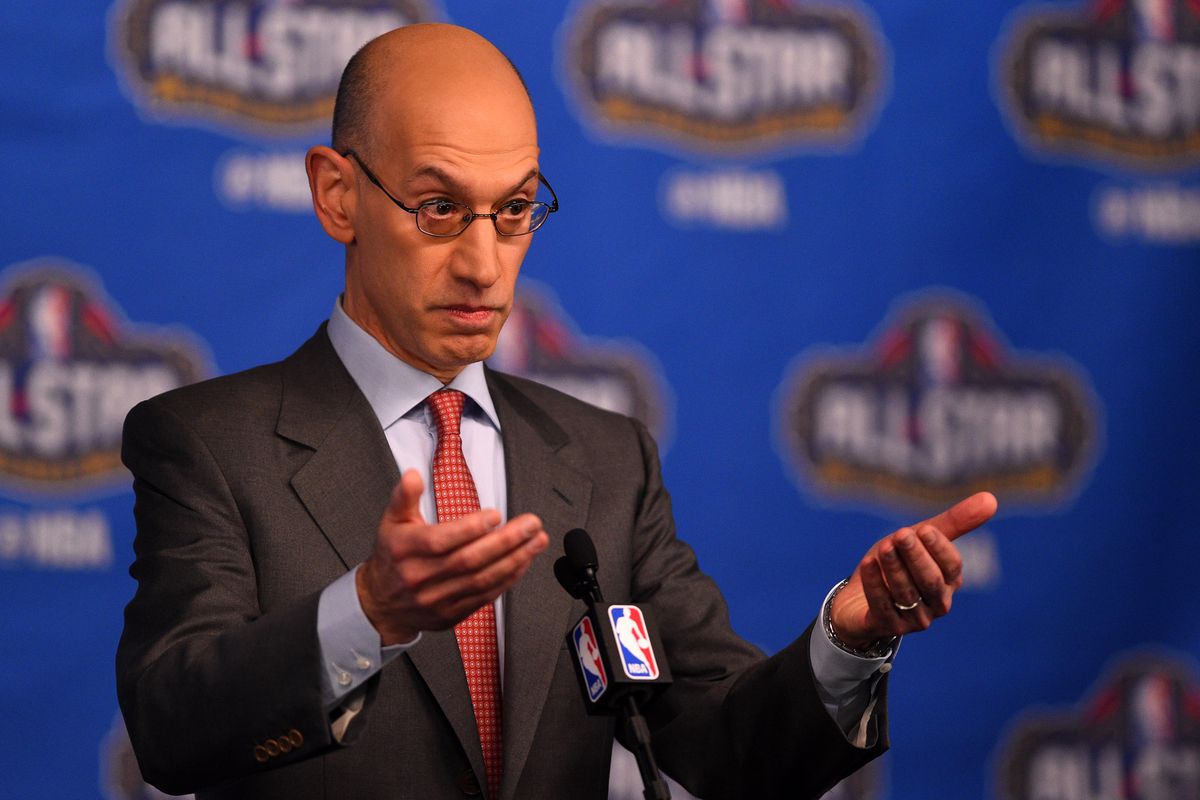So far, Major League Baseball has struck out, and the NBA has shot an air ball. But these pro sports leagues aren’t ready to give up in their efforts to make an “integrity fee” part of future legislation that legalizes sports betting.

Delaware and New Jersey, the first two states to pass such laws, rejected a proposal by the leagues to get a percentage of revenue states take from sportsbooks at their casinos and racetracks.
The MLB and the NBA have been the leaders in trying to lobby states for sports leagues to get a cut of betting profits. PGA Tour commissioner Jay Monahan has also said the tour is in favor of the idea.
The NFL and NHL have not officially joined forces with the NBA and MLB for an “integrity fee,” but NFL commissioner Roger Goodell has suggested he will fight for revenues related to four core principles that he says are essential for protecting the integrity of his sport.
Those tenets include consumer protections, intellectual property and content protections, providing fans access to official league data, and, most controversially, equipping law enforcement with tools to monitor illegal sports betting for illegal activity.
Costly Lobbying Effort
Major League Baseball and the NBA are continuing their full-court press trying to get states to embrace integrity fees. The American Gaming Association predicts that up to 37 states could ultimately have legal sports betting in coming years, generating up to $9 billion annually in tax revenues.
Lobbyists have been swarming the halls of state legislatures, trying to pressure lawmakers into putting integrity fee language into current of future bills. New York State lobbying records show that the leagues are sparing no expenses, jointly paying $58,500 a month to retain the services of 21 lobbyists.
Dennis Drazin, CEO of Monmouth Park’s management company in New Jersey, told NBC News that there was no cooperation with professional sports. Instead they forced New Jersey to spend $9 million dollars of taxpayer money to fight them in court.
“The leagues could have sat down with us years ago, but they didn’t,” Drazin said. “I just think it’s wrong for them to be coming here at this point trying to seek any money from us.”
Pushing Forward in Other States
Despite setbacks in the first two states outside of Nevada to legalize sports betting, the pro baseball and basketball leagues are pressing forward in other states considering legal sports betting.
New York is the next target. Republican state Sen. John Bonacic and Democratic Assemblyman Gary Pretlow are both backing bills to legalize sports betting, and are including an online sports betting component. Bonacic’s bill has a provision for casinos to pay 0.25 percent of wagers to the leagues, and the assembly supposedly supports the fees. But with the state legislature breaking for summer recess in five days, odds are slim that they will have a bill to send to Gov. Andrew Cuomo before the fall.
West Virginia passed legislation last month with no integrity fee, but Gov. Jim Justice said an agreement had been reached where the casinos, not the states, would pay a fee. This surprised John Cavacini, president of the West Virginia Gaming and Racing Association, who said there was no such agreement.
Five other states have proposed sports betting legislation with integrity fees that will be debated when their bodies come back from summer recess. Indiana, Kansas, Missouri, Connecticut, and Illinois will all decide whether that cost will be required by the casinos.









